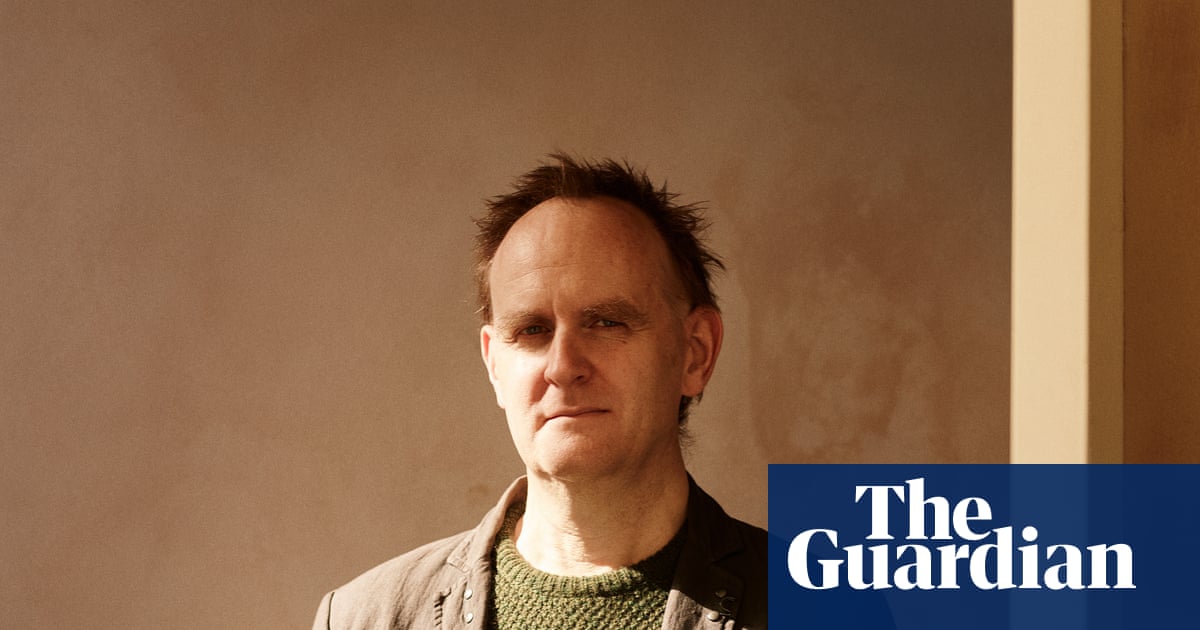
"My earliest reading memory I read The Lord of the Rings by JRR Tolkien at seven, in my bedroom in the deep west of Cornwall. I secretly believed that Rivendell was based on that house, which it clearly wasn't. My favourite book growing up Impossible. I'm inconstant, so it was whatever I was reading at the time. Let's say Finn Family Moomintroll, which is the most perfect of Tove Jansson's lovely (and occasionally frankly terrifying) Moomin books."
"The book that changed me as a teenager Great Expectations by Charles Dickens, at 14. I loathed it. It nearly turned me off reading for ever. Everyone kept telling me it was a masterpiece and I just couldn't understand why [school would] set a book about being an alienated child for a bunch of teenagers. Yes, I know adults are incomprehensible and other people make no sense and loneliness is awful. Why do I need to read about it?"
"The book that made me want to be a writer Ah. That one's a little bit tricky, because I've always been immersed in writing. I can tell you that Cloud Atlas by David Mitchell is so good that it infuriated me into starting a new novel, and that everything I've read by Michael Chabon has filled me with a furious creative envy that makes me work harder. Jeanette Winterson is some kind of perfect dreamer; Anne Carson and Colson Whitehead always make me feel like I should be wilder, wiser and better. But perhaps the honour has to go to A Murder of Quality by John le Carre. My father gave me a leather-bound copy when I was very young, and the smell of the pages and the beauty of the object itself made me believe in the magic of words."
Reading The Lord of the Rings at seven in a Cornwall bedroom sparked an early imagination and a mistaken belief that Rivendell matched that house. Favourite childhood reading shifted constantly, with Finn Family Moomintroll named as an especially perfect example. Great Expectations at 14 provoked loathing and nearly ended a reading habit because its portrayal of alienation felt misplaced for teenagers. Tan Twan Eng's The Garden of Evening Mists revealed how books about terrible subjects can feel uplifting and transcendent. Cloud Atlas and writers like Michael Chabon, Jeanette Winterson, Anne Carson and Colson Whitehead fueled creative ambition. A leather-bound A Murder of Quality given by a father, and the smell and beauty of its pages, created a belief in the magic of words. The writer returned to Great Expectations later.
Read at www.theguardian.com
Unable to calculate read time
Collection
[
|
...
]